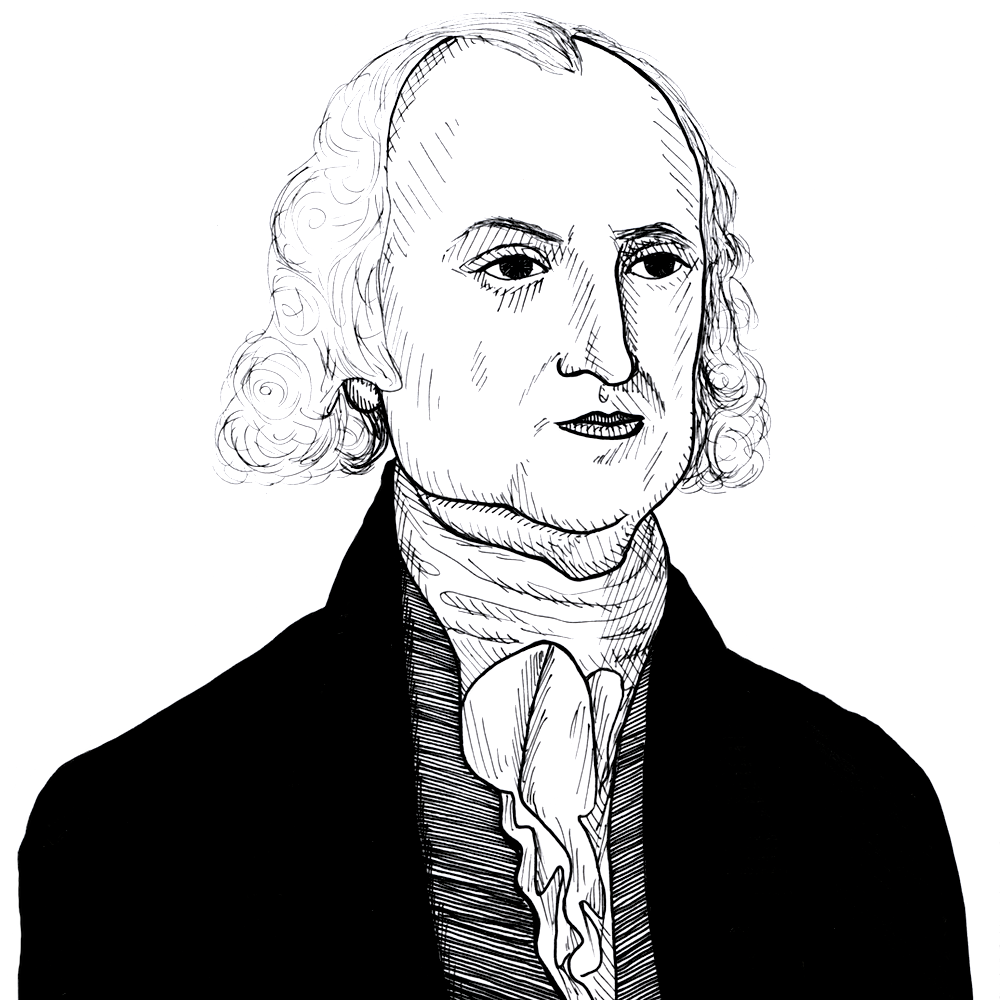
Madison argued that war is the major way by which the executive office increases its power, patronage, and taxing power (1793)
Found in: The Pacificus-Helvidius Debates of 1793-1794
After President Washington issued the Neutrality Proclamation of 1793 a debate ensued between James Madison and Alexander Hamilton over the power of the President to declare war. Madison took the view that Washington had introduced dangerous new powers to the office of the president:
War & Peace
In no part of the constitution is more wisdom to be found than in the clause which confides the question of war or peace to the legislature, and not to the executive department. Beside the objection to such a mixture of heterogeneous powers: the trust and the temptation would be too great for any one man: not such as nature may offer as the prodigy of many centuries, but such as may be expected in the ordinary successions of magistracy. War is in fact the true nurse of executive aggrandizement. In war a physical force is to be created, and it is the executive will which is to direct it. In war the public treasures are to be unlocked, and it is the executive hand which is to dispense them. In war the honors and emoluments of office are to be multiplied; and it is the executive patronage under which they are to be enjoyed. It is in war, finally, that laurels are to be gathered, and it is the executive brow they are to encircle. The strongest passions, and most dangerous weaknesses of the human breast; ambition, avarice, vanity, the honorable or venial love of fame, are all in conspiracy against the desire and duty of peace.